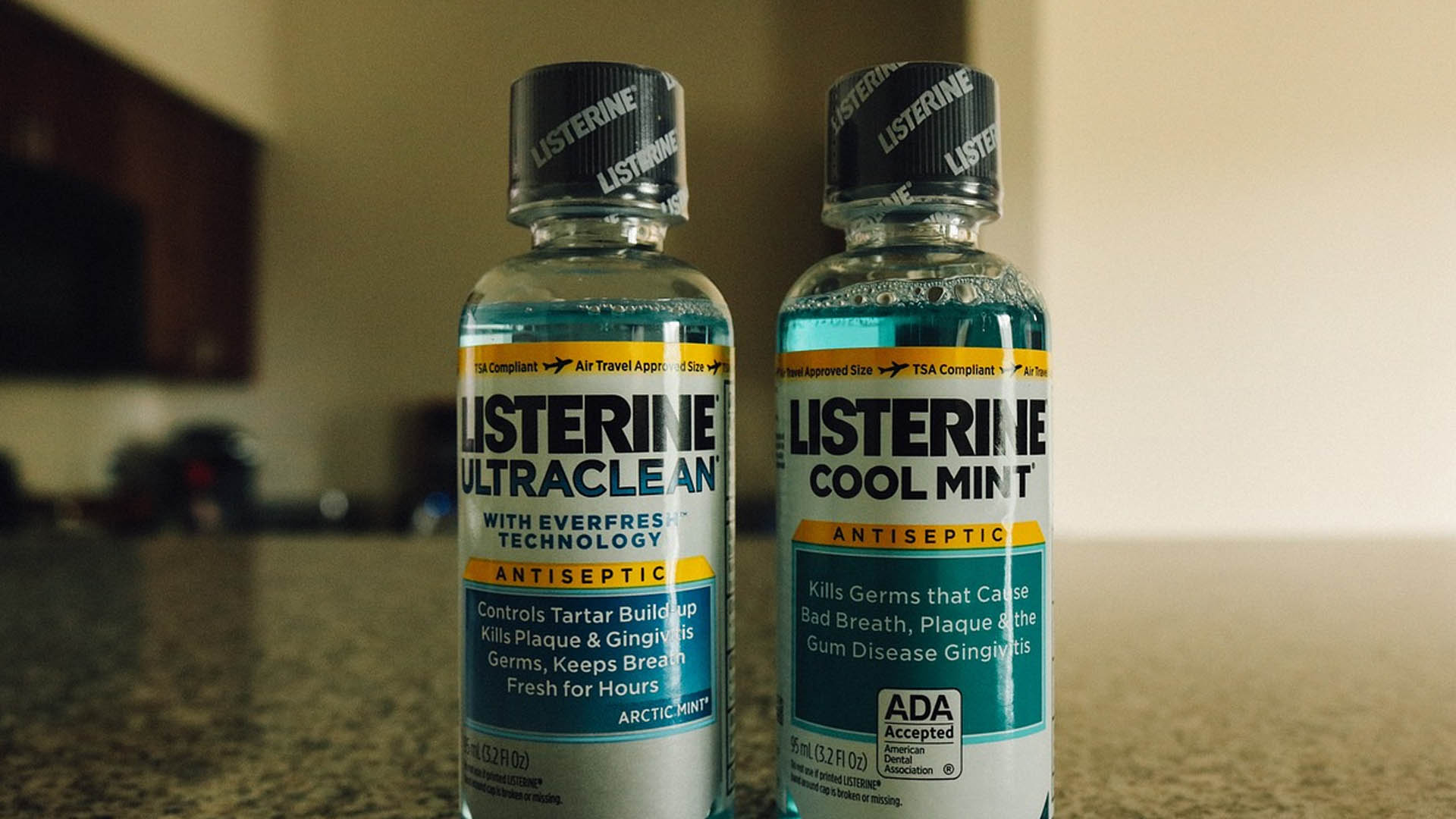Share This Article
Even though it’s not a fatal disease, bad breath certainly really disturbs your daily life, right? So, here are some ways to deal with bad breath.
Causes of bad breath
In general, people who have bad breath are those who actively smoke. However, some of them also don’t smoke, and still have bad breath.
Reporting from East Market Dental, this bad breath is known as halitosis. This bad breath can come from the mouth, teeth, or be the result of an underlying health problem.
Bad breath can be a temporary problem or a chronic condition. According to the American Dental Association, at least 50 percent of adults will experience halitosis in their lifetime.
The following are some of the causes of bad breath according to an explanation from East Market Dental:
- Poor dental hygiene
Bacteria break down food particles trapped in the teeth or mouth. The combination of bacteria and rotting food in the mouth produces an unpleasant odor.
Regular brushing and flossing is a great way to remove trapped food before it rots.
- Certain foods and drinks
When you eat onions, garlic, or other foods with a strong odor, your stomach will absorb oil from the food during the digestion process.
This oil enters the bloodstream and travels to the lungs, producing an unpleasant odor. Apart from that, drinks with strong odors, such as coffee, can also cause bad breath.
- Dry mouth
Dry mouth can also occur if you don’t produce enough saliva. Saliva helps keep the mouth clean and reduces odor.
Dry mouth can be a problem if you have impaired salivary glands, sleep with your mouth open, or take certain medications, including medications for high blood pressure and urinary tract disorders.
How to deal with bad breath
If you experience severe bad breath, you don’t need to worry, as reported by WebMD there are several ways you can deal with this.
1. Brush your teeth regularly
Plaque creates a buildup of sticky bacteria on the teeth which causes bad breath. Food that sticks to the teeth is also another cause of bad breath getting worse.
Therefore, brushing your teeth diligently is very necessary, at least twice every day, and flossing at least once.
However, don’t overdo it when brushing your teeth. If you brush too hard, it can damage your teeth, making them susceptible to decay.
2. Gargle
In addition to freshening your breath, mouthwash adds extra protection by removing bacteria. The fresh mint taste can make your mouth feel comfortable.
But make sure the mouthwash you choose can kill the germs that cause bad breath. Don’t just cover up the smell. Rinse daily with mouthwash.
You can also get rid of bad breath by gargling with water after eating. This method can remove food particles stuck in the teeth.
3. Clean your tongue
Lapisan yang biasanya terbentuk di lidahmu bisa menjadi bakteri yang menyebbakan bau. Untuk menghilangkannya, sikat lembut lidah dengan sikat gigi.
4. Avoid foods that make your breath smell bad
Onions and garlic are the main causes of odors appearing. Substances that cause unpleasant odors enter the bloodstream and travel to the lungs.
5. Avoid mints after dinner
Bacteria in the mouth really like sugar. They use it to make acid and cause bad breath. Instead of consuming mint candy, it is better for you to chew sugarless gum.
Gums stimulate saliva, which is the mouth’s natural defense mechanism against plaque acid, which causes tooth decay and bad breath.
6. Keep your gums healthy
Gum disease causes bad breath. Bacteria collects in the pockets at the base of the teeth, which causes odor. If you suffer from gum disease, your dentist will generally advise you to immediately see a periodontist, who specializes in treating it.
7. Avoid dry mouth
You can experience tooth decay and bad breath if you don’t produce enough saliva. If your mouth is dry, drink plenty of water throughout the day.
Another way is to chew sugarless gum or suck on sugar-free hard candy. Also try a humidifier at night to moisten the air in the house.
Make sure to check your and your family’s health regularly through Good Doctor, a 24/7 service. Download here to consult with our doctor partners.


